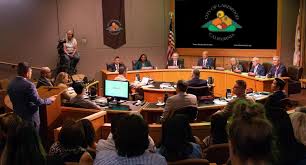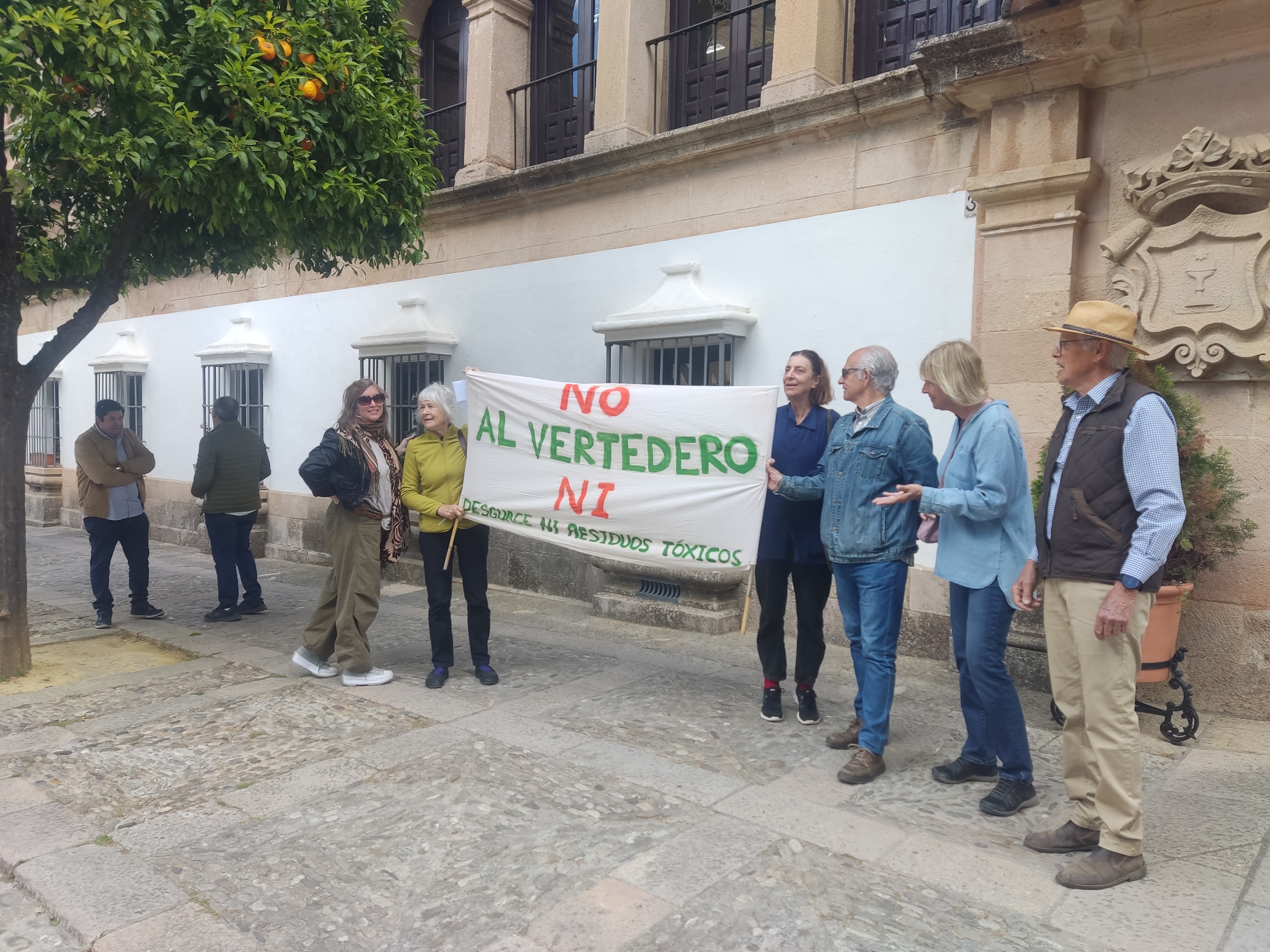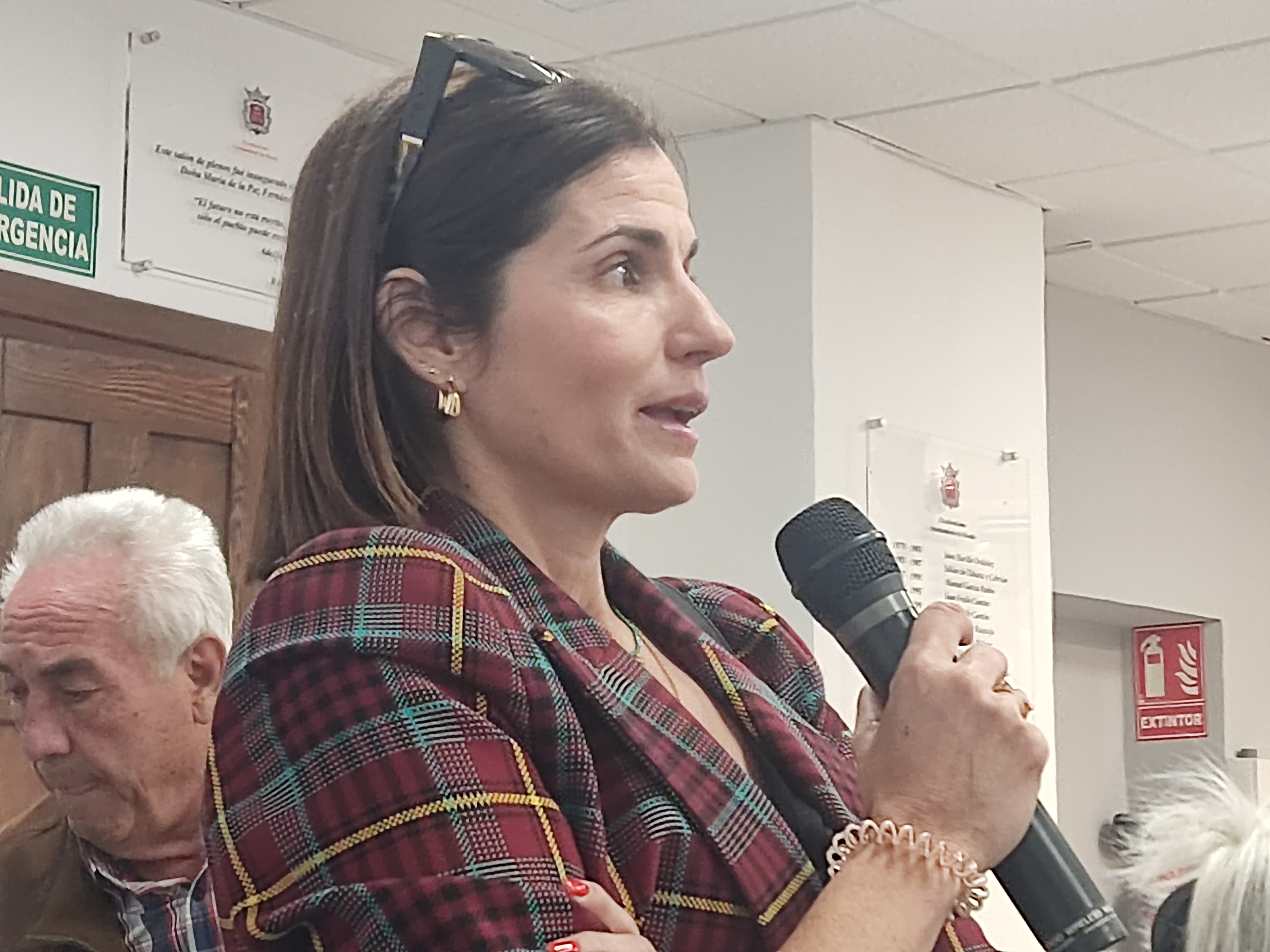 In my last job before retirement in the UK, I was obliged to attend council meetings from time to time. As a senior education adviser for Sefton Council (Merseyside), if the topic had something to do with my areas of responsibility, eg one of my schools, modern foreign languages, European matters, I needed to attend to offer expert advice to the elected members.
In my last job before retirement in the UK, I was obliged to attend council meetings from time to time. As a senior education adviser for Sefton Council (Merseyside), if the topic had something to do with my areas of responsibility, eg one of my schools, modern foreign languages, European matters, I needed to attend to offer expert advice to the elected members.
I also attended council meetings in a personal capacity in Warrington (Cheshire); once when there was a proposal to build a housing estate on green belt land in the village of Thelwall, where I lived (we were successful in fighting that off) and a second time when there was a proposal to amalgamate the separate infant and junior schools in the village into a single primary school. I was a governor at both schools and had a child in each (we won that battle too).
I had never attended a council meeting in Spain ….. until last Monday.
The April “pleno” of Ronda Council
 I was asked to represent The Olive Press newspaper at this meeting to report on proceedings concerning a controversial plan to site a massive rubbish disposal/treatment unit on green belt land adjacent to a via pecuaria (drovers’ path).
I was asked to represent The Olive Press newspaper at this meeting to report on proceedings concerning a controversial plan to site a massive rubbish disposal/treatment unit on green belt land adjacent to a via pecuaria (drovers’ path).
This agenda item was scheduled for the end of the meeting, around 12 noon. An action group against the plan was intending to be there for that, and to mount a demonstration outside the Town Hall.
However, there were a number of other agenda items of interest to me personally, so I decided to attend the whole meeting starting at 10.00 am.
Topics
Other matters, which were discussed and voted through included:
- Keeping the Puente Nuevo open (the opposition party, PSOE, had proposed its closure).
- The proposed Car Park on protected land in Barrio San Francisco was confirmed.
- The proposed Palacio de Deportes near the Recinto Ferial was confirmed.
- The Escuela de Enfermería will go ahead.
The proposed waste treatment plant was next on the agenda.
The environmental outrage
 You can read more about this in the current issue of The Olive Press newspaper (published on Thursday 2 May 2024).
You can read more about this in the current issue of The Olive Press newspaper (published on Thursday 2 May 2024).
I was asked by the OP’s editor, Jon Clarke, to represent this free campaigning newspaper, and write an article for him. Since I was going to the meeting in any case, I agreed.
As it turned out I was the only Press person present. The other free English-language newspapers published in Andalucia, SUR in English and the Euro Weekly News, were seemingly not interested in covering this environmental story.
Nor were the local and regional Spanish Press at the meeting. Ronda Semanal and Diario Sur were conspicuous by their absence.
 When this item came up, the demonstrators outside entered the public gallery and were invited to make representations by the mayor, Mari-Paz Fernandez, who was chairing the meeting.
When this item came up, the demonstrators outside entered the public gallery and were invited to make representations by the mayor, Mari-Paz Fernandez, who was chairing the meeting.
Three residents of La Indiana, the area in question, made impassioned pleas against the plan.
Manuela León, born and bred opposite where the company, Plant Rent Hire SL, wants to build the giant waste processing plant, by the River Guadalcobacín, said in an impassioned statement that the plans should be thrown out: “This is virgin countryside which will be ruined by this development.”
She added: “I am sure much toxic material will end up in the river, which flows into the River Guadiaro and then to the coast and into the Mediterranean.”
 María Mena, a resident and livestock farmer, made a lengthy and emotional speech: “It’s all very upsetting. How can they consider destroying the local environment in this way?”
María Mena, a resident and livestock farmer, made a lengthy and emotional speech: “It’s all very upsetting. How can they consider destroying the local environment in this way?”
Paco X, a resident farmer, was outraged. He spoke briefly but emphatically against the proposal. When the discussion returned to the local councillors, he interrupted twice before storming out of the chamber.
In summary, Mari-Paz Fernández, claimed that her hands were tied.
“If the proposal meets the conditions of the law as it stands, I, as mayor, am obliged to sign it off, whether I agree with it or not. I would be deemed guilty of prevarication and subject to prosecution.”
Fernández urged objectors to submit alegaciones (written objections) before the end of April.
The council meeting paused for a comfort break, and I interviewed two councillors, Alicia López (PP), and Fátima Fernández González (PSOE).
I asked López about the issue of the proposed unit being adjacent to a vía pecuaria, an ancient drovers’ path dating from the Middle Ages and protected from development by environmental law.
López and I live on another vía pecuaria. “Could this happen to us?” I asked her.
“Possibly, but unlikely. Medioambiente, the environmental group, would intervene, as they will do in the case of the proposed plant in La Indiana.”
Fernández González and her party, the socialist group, are firmly against the proposal. Yet she told me:
“The mayor is right. If the applicant complies with the legal requirements in place, the politicians must pass it, or risk sanction.”
So, that was it. The council meeting resumed, and the objectors dispersed. We await further developments.
Conclusion
My first Spanish council meeting was not dissimilar to all those I attended in England a quarter of a century ago. Formulaic, turgid and pretty boring. Democracy at work.
Yet absolutely necessary if there are controversial proposals which impact upon citizens and their lives under discussion.
© Pablo de Ronda
Acknowledgements (Photos):
Diario Ronda
Paul Whitelock
The Olive Press
Tags:
alegaciones, Alicia López, Ayuntamiento de Ronda, Barrio San Francisco, council meeting, Diario Sur, Escuela de Enfermería, Euro Weekly News, Fátima Fernández González, La Indiana, Manuela León, María Mena, Mari-Paz Fernández, Medioambiente, Mediterranean, Olive Press, Pablo de Ronda, Palacio de Deportes, PP, PSOE, Plant Rent Hire SL, pleno, Puente Nuevo, Recinto Ferial, River Guadalcobacín, River Guadiaro, Ronda, Ronda Semanal, Sefton Council, SUR in English, Thelwall, vía pecuaria, Warrington, waste disposal plant